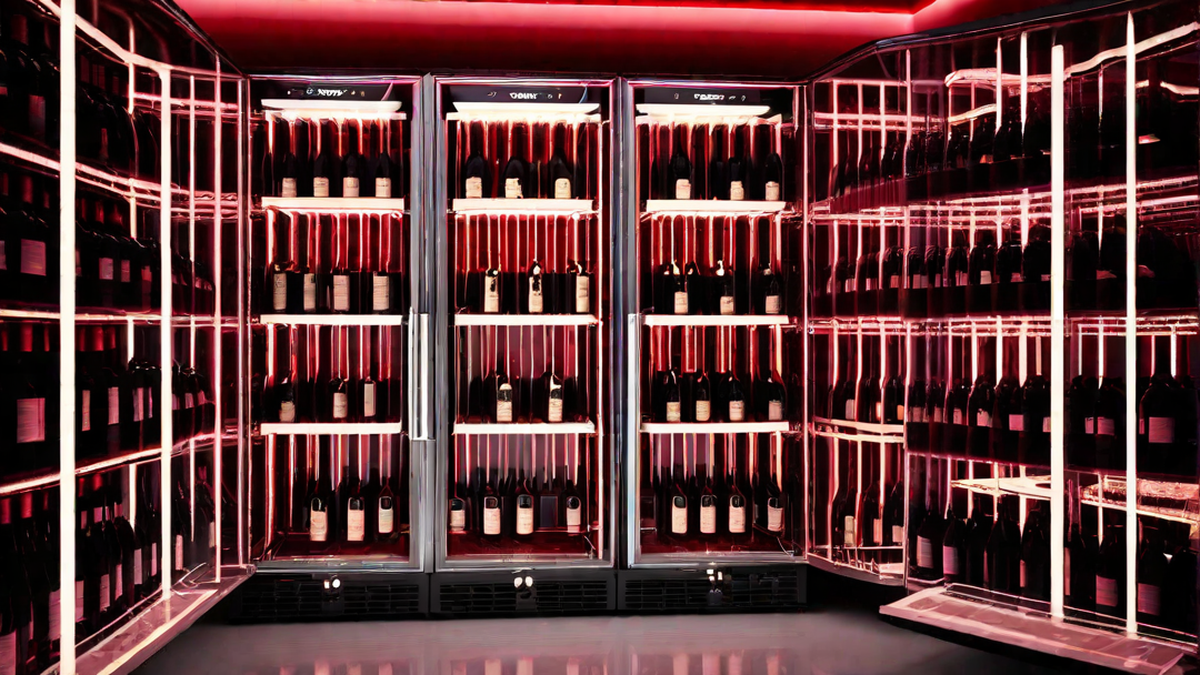As someone who enjoys wine, a common question that arises is whether or not it is necessary to store wine in the refrigerator. The response to this inquiry can be quite complex, as it is influenced by the type of wine and the individual situation. In this article, I will explore this subject and discuss my own observations and encounters.
Understanding Temperature and Wine
Temperature plays a crucial role in the preservation and enjoyment of wine. Generally, wines are best stored at a consistent temperature between 45°F and 65°F (7°C and 18°C). This optimal temperature range allows the wine to age gracefully and maintain its flavor profile.
However, it’s important to note that different types of wines have different temperature preferences. For example, light-bodied white wines, such as Sauvignon Blanc, are best served chilled at around 45°F (7°C) to enhance their refreshing and crisp characteristics. On the other hand, full-bodied red wines, like Cabernet Sauvignon, are typically enjoyed at a slightly cooler room temperature of around 60°F (15°C) to showcase their complexity and depth.
The Case for Storing Wine in the Fridge
When it comes to storing wine in the fridge, there are a few situations where it can be beneficial. Firstly, if you live in a warm climate or during the summer months when temperatures soar, placing your wine in the fridge can help prevent it from overheating and spoiling. The cool temperature of the fridge can keep the wine stable and ensure it doesn’t age prematurely.
Secondly, if you prefer your white wines or sparkling wines to be served at a cooler temperature, storing them in the fridge is an excellent option. By chilling these wines before serving, you can enhance their refreshing qualities and enjoy a more satisfying drinking experience.
Potential Drawbacks and Considerations
While the fridge can be a convenient place to store certain wines, it’s important to be aware of potential drawbacks. Firstly, the lower humidity levels in the fridge could dry out the cork, leading to potential oxidation of the wine. This is a critical concern for long-term storage, as it can negatively impact the overall quality and taste.
Additionally, the fridge can be too cold for certain types of wines, especially red wines that are typically enjoyed at a slightly warmer temperature. Placing red wines in the fridge for an extended period can dull their flavors and aromas, diminishing the overall enjoyment.
My Personal Approach
Personally, I find that storing a few bottles of white wine or sparkling wine in the fridge is convenient, especially during the summer months. It allows me to have a refreshing beverage ready to serve at any time, without the need for additional chilling. However, for my red wines and special bottles that I plan to age or enjoy for a special occasion, I prefer a dedicated wine cooler or cellar with more precise temperature and humidity controls.
Conclusion
In conclusion, the decision to store wine in the fridge ultimately depends on the type of wine, personal preferences, and specific circumstances. While the fridge can be a suitable short-term storage solution for white wines and certain occasions, it may not be ideal for long-term aging or the entire wine collection. It’s important to consider the potential drawbacks and make an informed decision based on your own wine-drinking habits and goals.
